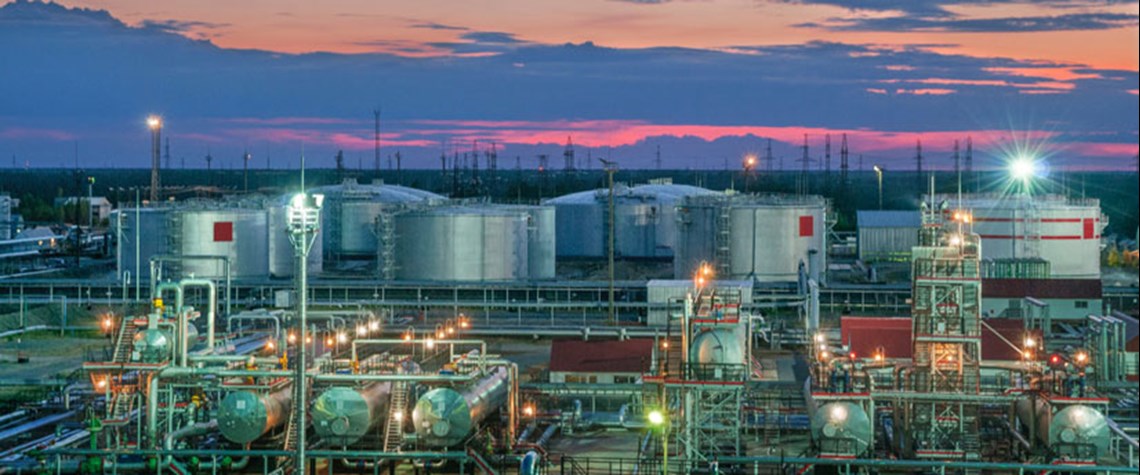Russian reforms drive refining change
Tax changes to incentivise refinery upgraders are bearing fruit
The Russian government’s policy of offering subsidies to refiners willing to spend big sums on upgrades is translating into investment decisions. And simpler facilities may finally be forced to face market realities and closure. The country’s refining industry was initially geared to churn out a lot of fuel oil. But fiscal incentives over a number of years have aimed to encourage output of higher value products for both domestic and export markets. And this has largely been effective, with major refineries producing lighter fuels for consumption both in Russia and abroad. 8.8mn t/yr – New Russian cracking capacity in 2021 “Over the past ten years the Russian refining sector has gone

Also in this section
27 February 2026
LNG would serve as a backup supply source as domestic gas declines and the country’s energy system comes under stress during periods of low hydropower output and high energy demand
27 February 2026
The assumption that oil markets will re-route and work around sanctions is being tested, and it is the physical infrastructure that is acting as the constraint
27 February 2026
The 25th WPC Energy Congress to take place in tandem as part of a coordinated week of high-level ministerial, institutional and industry engagements
27 February 2026
The deepwater sector must be brave by fast-tracking projects and making progress to seize huge offshore opportunities and not become bogged down by capacity constraints and consolidation







